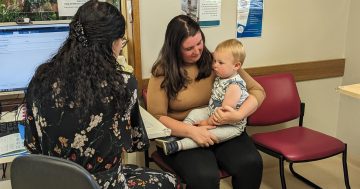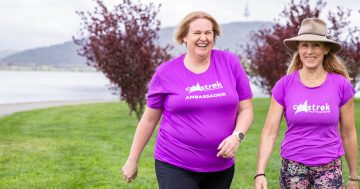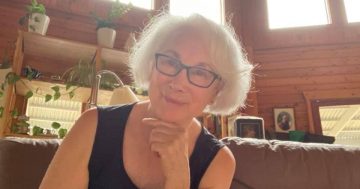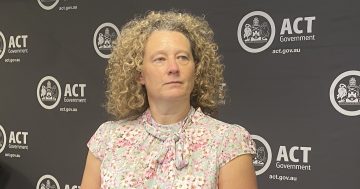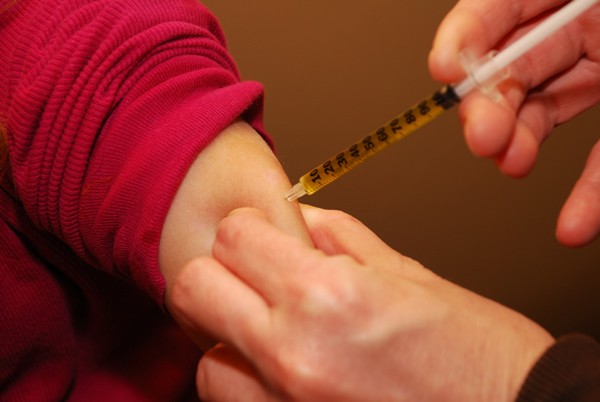
Despite the increased risk, would you take the AstraZeneca vaccine? Photo: File.
“It’s freezing. Is the baby ok?”
It was 2:00 am, less than 24 hours since I’d had my first dose of the AstraZeneca COVID-19 vaccine.
I shivered as I scrambled to pull the bed covers over me: sheet, blanket, doona, even my wife’s decorative quilt.
By the time she’d come back from checking the nursery, I’d kicked the covers off, sweating from every pore.
“You’re probably just responding to the vaccine. It’s normal,” she told me soothingly.
My joints and muscles ached; I was swinging between fever and chills.
The shoulder I’d had the injection in was stinging, making it impossible to sleep on my preferred side.
It was a rough night.
In the morning, I dragged myself out of bed to find the pamphlet my GP had given me the day before, now crumpled in my bag.
Side effects: pain at the injection site, check. Chills and fever, check. Tiredness, double-check. Headache, muscle pain, feeling unwell – I’d almost scooped the pool.
Now we’re told the AstraZeneca vaccine itself could kill me by a blood clot.
It’s enough to give anyone pause.
But the experts assure us if the first shot didn’t kill us, we’re right for the second.
I’m in phase 1b due to an underlying severe medical condition, an invisible disability.
I turned up at the GP (mask on as a precaution), eager to take the first step towards life returning to normal.
It was early morning, but the waiting room was already filled with elderly people and other younger patients whose pre-existing conditions were far more obvious than mine.
Despite my high-risk factors, it felt like I wasn’t meant to be in this group – an interloper, cheating the system, jumping the queue. Like I’d just parked my car in a disability spot and sauntered off unimpeded.
My mask wasn’t mandatory, but it gave me some sense of belonging.
It made me feel that I, at least, looked like I had an ailment that presented a more immediate respiratory risk to COVID-19.
My name was called and I followed the nurse into the office.
“Why do you believe you are in group 1b?” she asked.
Though I knew I fit the criteria, my heart sank … like some sort of jig was up.
I told her of my condition.
She checked my medical records on the screen.
“Correct,” she said. “Now, please roll up your sleeve.”
Phew.
After talking me through the process, she gave me the shot – no mess, no fuss.
I dutifully accepted the pamphlet and scrunched it up in my bag, promising to stay the mandatory 15 minutes in the waiting room before going home.
For the rest of the day, I felt great … until that night.
It took a few days for the worst of the side effects to clear.
Over a week later, looking back, getting vaccinated wasn’t the most pleasant experience.
But I know I’ve done my part – for myself, for my family and for our shared efforts to beat this pandemic.
Even for the strangers I’ll never meet, who might have died or lost a loved one.
And I’d do it all again … in 12 weeks when my second dose is due.












